Many dog lovers are concerned about the food fed to their dogs and they tend to forget about what their pet can or cannot drink. Do we limit their beverages only to water or can we give them something else to drink? Is there a beverage that can bring a great number of benefits to canine health? Can dogs drink orange juice, for example? This is what we are going to talk about next. So, let’s see what the experts have to about this aspect!
We all know that orange juice has numerous health benefits for humans, but is it also beneficial for dogs? It is true that this drink is loaded with many vitamins and nutrients but are these substances safe for your furry friend? Let’s see exactly what the experts’ advice is.
Can Dogs Drink Orange Juice?
If we are to look at the components of orange juice, we might say that this drink is a winner. It is filled with vitamin C and not only is it refreshing, but it is also healthy. Is this beverage appropriate refreshment for our pooch as well?
One thing every dog owner should remember at all times, the nutritional requirements of our dogs are completely different in comparison with our nutritional necessities. With this is mind, dogs should be able to get all of their nutrients from the daily food. Dogs are able to make their own vitamin C. Because of this ability, pet nutritionists have concluded that it is unnecessary to add vitamin C to the dogs diet. Some dog food manufacturers add vitamin C to their products, however this is more for the preservative effects of the vitamin, rather than its nutritive value.
Orange juice is not recommended for dogs. Some dog owners may think that giving water every day would be boring for the pooch and he might feel the need to try something else. However, water is the only liquid they need for hydration. For humans, a source of vitamin C in the diet is literally necessary for survival. However, orange juice will not boost your furry pal’s immune system and it doesn’t have the same impact on your dog as it has for humans.
Like we stated before, healthy dogs produce their own vitamin C. However, if your dog is sick, injured, aged or stressed, the vitamin C can rapidly deplete in his body. If this is the case, it’s best to give vitamin C supplements to your dog. However, don’t give your pooch orange juice for vitamin C intake. There are specially formulated vitamins for dogs that contain vitamin C by itself or combined with other nutrients in a number of forms. Here is a great [easyazon_link identifier=”B00027CKU4″ locale=”US” tag=”frtp-20″]vitamin C supplement for dogs[/easyazon_link].
Some Negative Aspects of Orange Juice
There are actually two negative aspects in orange juice. The beverage we are talking about is loaded with vitamins and nutrients, but it does have its flaws. In this case, the flaws are represented by the amount of sugar and the level of acidity. 1 cup of orange juice has approximately 20 grams of sugar.
Knowing that both of these components are present in high quantities, a mixture of the two will most likely cause stomach problems and the loss of enamel on your dogs’ teeth. Moreover, the acid that is present in the orange juice could turn your dogs’ stool acidic which may cause a burning sensation when eliminating feces.
Accidents do happen and if your dog drinks a bit of orange juice, it shouldn’t cause any serious issues. However, don’t make it a habit and never feed him large bowl of orange juice. It’s in dogs’ nature to drink and eat pretty much anything presented to them. However, orange juice should not be part of your dog’s everyday diet.
Healthy Alternatives for Treats
If you think that you would like your dog to taste something different from time to time, talk to your vet for recommendations. It is safe to say that one baby carrot or 2 represent a great option. Apples, pears, bananas, watermelon, strawberries, blueberries, broccoli florets, sweet potatoes, asparagus, and Brussels sprouts are also good for them, you can include these occasionally in your dog’s diet. However, when feeding new foods to your dog for the first time, make sure to offer only small pieces at first. Observe for your pooch’s reaction to the new food. If your pet develops diarrhea or upset stomach, it’s best to avoid that particular treat.
References:
http://canigivemydog.com/orange-juice
http://mom.me/pets/dogs/19134-what-can-dogs-drink/item/6/
http://www.whole-dog-journal.com/issues/1_7/features/5309-1.html

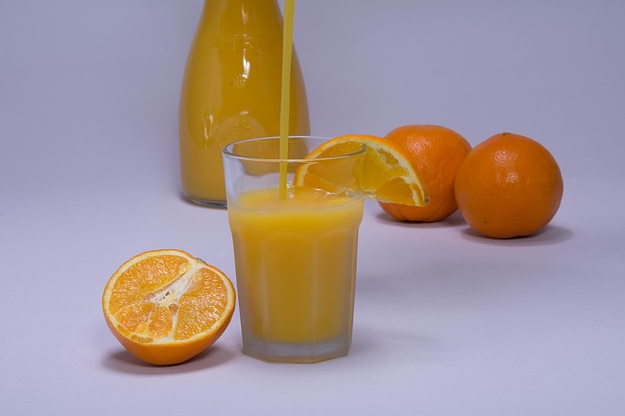
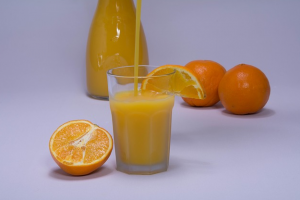
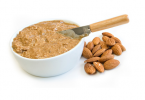
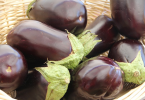

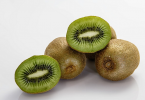
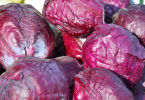
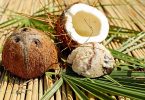
Hi ,
Very interesting article. I give my dog about 30 ml. of orange juice twice per day, but only in order to mix the mushroom extracts I give him for immune support. Because he won’t take the 6 capsules.
Will 50 or 60 ml. of orange juice per day cause any problems for my 55 lbs. pitbull ?
Thanks a lot
Hi Luis, orange juice is not generally recommended for dogs. However, have you tried adding water to the juice? Mix a little bit of juice with water. This way the acidic and sugar content would be less.
Hi,
My little furry continues caughing can i give her fresh orange juice extracted from the fresh fruit?
Thanks for the answer.
Hi, fresh squeezed juice is definitely a better option than store bought orange juice. It doesn’t contain any preservatives and added sugars. You can give your pooch a little fresh squeezed orange juice occasionally.